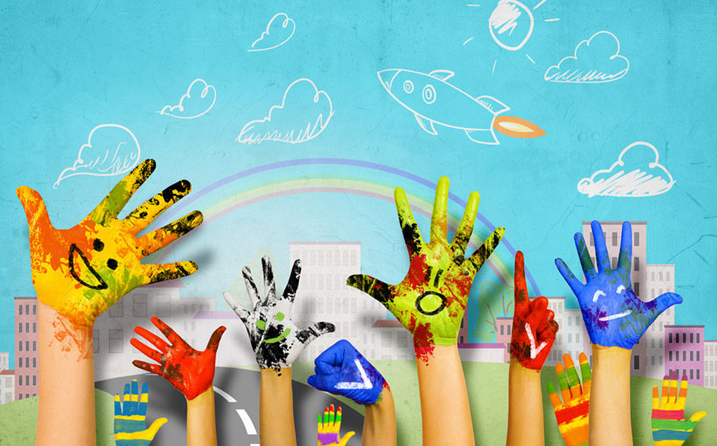By Andreas Gkoumplias,
Educating people, especially educating younger generations, has never been an easy task. In a way, teachers and educators in general have to outperform themselves every single day, so as to have the ability to offer fresh and much-needed food for thought to their audiences. While many of them find new and creative ways to make their thoughts be heard, it was not up until recently that more and more educators started taking an interest in art, as a way of further stimulating the curiosity of their students. Seeing that more and more students are starting to prioritize any form of art to absorb knowledge and expand their fields of study and understanding, its importance has finally become transparent to a great part of society.
Art has always been a dicey subject, and its educative applications have found many people against it. The main reason is that people cannot entirely comprehend how art has a beneficial effect on the understanding of society. One of the benefits and one of the most important aspects of experiencing an artwork is that, in most cases, the interpretation is up to the viewer.
Being able to express your views on a masterpiece and being able to listen to other people’s opinions on the same thing you are “experiencing”, opens the path to fruitful discussion and a lot of opportunities to learn. Moreover, it helps acquire and improve one’s level of social tolerance, as all opinions are equally correct and valid. There is not a single right or wrong way to interpret a work of art, and that is a powerful asset in the quiver that all of us are holding.

Next on, integration of creative activities has shown in some cases to be far more effective than traditional teaching methods. It is far more appealing to young people to discuss with their teachers a subject that greatly differs from base teaching, problem, and exercise solving, as it also amplifies their critical thinking capabilities, as well as their imagination.
Furthermore, studies have shown that both teachers that integrate any form of art in their teaching, as well as students that receive any form of art stimuli, have had reduced stress levels. Being able to express yourself as well as “listen” to others expressing themselves too can be crucial for maintaining a good state of mental health.
To summarize it all, art has become an indispensable part of the educative process. Its many qualities allow educators to use it as a way to differentiate from the past and find more ways to connect and communicate with their students, as well as make them comprehend various subjects. Art has also been crucial for people with not too well-developed social skills, as it provides them with the opportunity to better express themselves to a great extent. It would be safe to say that, in an ever-changing world with too many different variables, art remains the one place that could be used as a safe haven both in the educative process and out of it.
References
- Arts in education, wikipedia.org, Available here
- Art & Education’s official site, artandeducation.net, Available here
- Arts Integration in School: 10 Reasons Why It’s Important, senecaacademy.org, Available here
- Creativity and Academics: The Power of an Arts Education, edutopia.org, Available here




